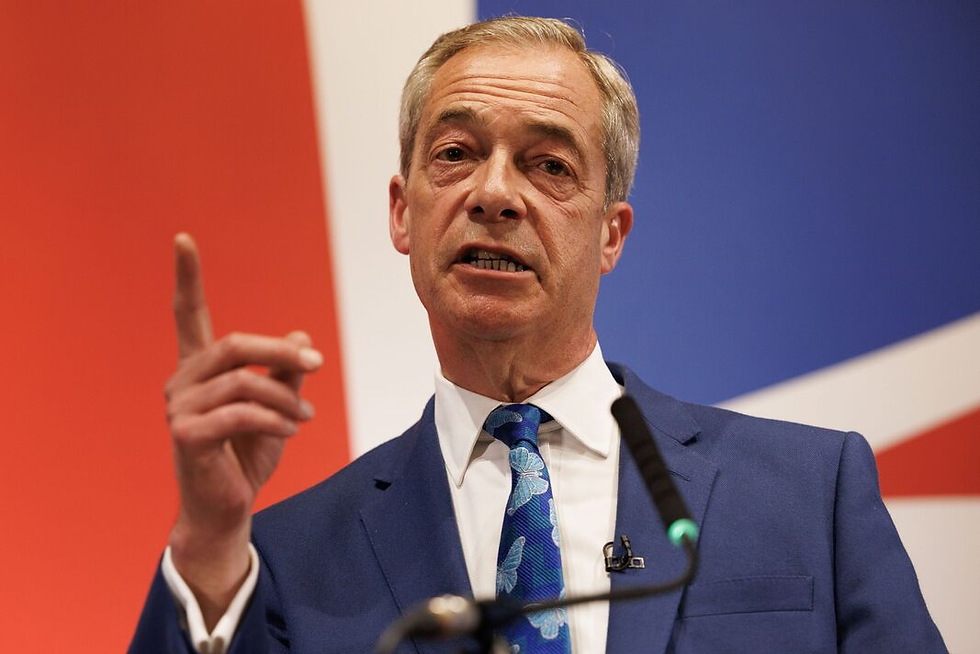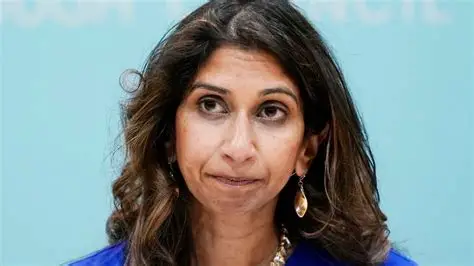🇬🇧 Nationalism in the UK: Who’s Leading the Charge—and Why It Matters
- Ian Miller

- Sep 8, 2025
- 2 min read
In recent years, the UK has seen a surge in nationalist sentiment—often framed as patriotism, but frequently veering into exclusionary rhetoric and populist posturing. The distinction matters. Because when nationalism becomes a tool for division, it ceases to be about love of country and becomes something far more dangerous.

Here are some of the key figures shaping the nationalist narrative in Britain today:
🗣️ Nigel Farage – The Architect of Populist Nationalism
As the leader of Reform UK, Farage remains one of the most influential nationalist voices in British politics. His legacy from UKIP and the Brexit campaign continues to shape public discourse, often emphasising sovereignty, immigration control, and anti-establishment sentiment. While he distances himself from overt extremism, his rhetoric frequently flirts with its edges.

🏛️ Kemi Badenoch – Conservative Nationalism with Cultural Overtones
Currently a prominent figure in the Conservative Party, Badenoch has positioned herself as a defender of British values and identity. Her calls for inquiries into grooming gangs and critiques of progressive policies have earned her support among nationalist-leaning voters, though critics argue her approach risks inflaming cultural divisions.

📢 Richard Tice – Reform UK’s Strategist
As chairman of Reform UK, Tice plays a key role in shaping the party’s nationalist platform. His messaging focuses on economic sovereignty, border control, and opposition to what he calls “woke ideology.” While less visible than Farage, his influence within the party is substantial.

🔥 Suella Braverman – Hardline on Immigration
Former Home Secretary Suella Braverman has been vocal about reducing immigration and defending British cultural norms. Her statements often spark controversy, particularly around asylum policy and multiculturalism. Many see her as a figurehead for hardline nationalist conservatism.

🧱 Lee Anderson – Populist Provocateur
Known for his blunt style and populist appeal, Anderson has gained traction among voters who feel alienated by mainstream politics. His rhetoric often centres on law and order, national pride, and scepticism of progressive reforms.

⚠️ Why This Matters
These figures don’t just reflect a political trend—they shape it. Their platforms influence public perception, media narratives, and policy direction. And while nationalism isn’t inherently harmful, its current expression in the UK often leans toward exclusion, grievance, and cultural rigidity.
True patriotism invites accountability. It welcomes diversity. It builds bridges. The nationalism we’re seeing now? It builds walls.




Comments